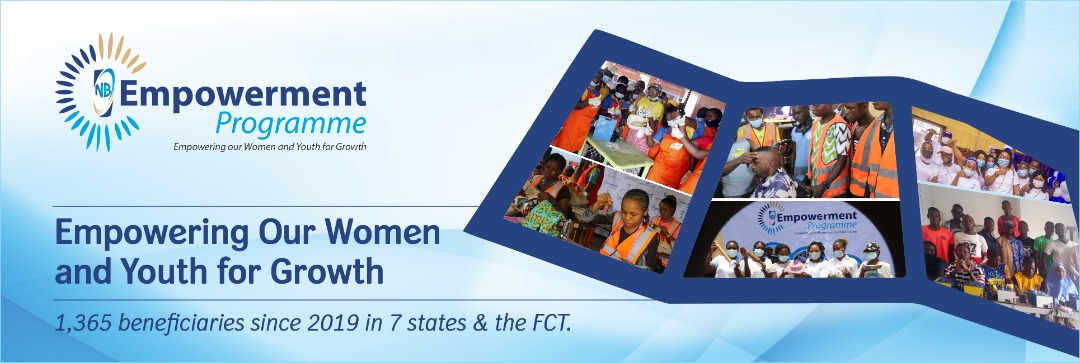Tunji Idowu, executive director of the Foundation for Partnership Initiatives in the Niger Delta (PIND), says the organization is working within the framework of fostering community-owned processes in managing criminality and violence towards the peaceful and economic development of the region.
Idowu spoke in Abuja recently at the launch of the European Union’s (EU) Community-Centered Approach to Transforming Criminality and Violence in the Niger Delta.
The initiative is being implemented by the EU in three states in Niger Delta –Bayelsa, Delta and Rivers, and is powered by the Consortium members – Search for Common Ground (SFCG), Stakeholders Democracy Network (SDN), Academic Associate Peaceworks (AAPW), and the PIND Foundation.
Represented by Hellen Bassey-Osejo, PIND’s communication manager, Idowu said the Foundation promotes peace and equitable economic growth in the region through multi-stakeholder partnerships.
“We achieve this through our Economic Development and Peacebuilding Programs,” he said.
“Specifically, our peacebuilding program is aimed at achieving the greater goal of regional and lasting peace in the Niger Delta through creating sustainable peace partnerships, encouraging collaboration and synergy amongst stakeholders, and strengthening indigenous structures for peace, while also creating and building interfaces with larger state-level peace efforts.
“The Niger Delta Region of Nigeria is highly diverse with over 40 ethnic groups who speak more than 100 languages and dialects and large reserves of natural resources which play an important role in the Nigerian economy. However, despite these, the Niger Delta is embattled with issues of conflict, violence and general insecurity.”
The executive director added that PIND has leveraged its existing peace and security architecture, anchored on its community-based Early Warning and Early Response (EWER) mechanism and Peace Map with the 3 Consortium members-(SFCG, AAPW & SDN) to implement the project in the three states with spillover effect to the region and Nigeria at large.
“Identifying with European Union, the 3 Consortium members and the 3 States for the implementation of this project is within our framework of fostering community-owned processes in managing criminality and violence towards the peaceful and economic development of the Niger Delta region,” he said.
Speaking earlier at the event, Zissimos Vergos, the EU deputy head of mission in Nigeria, called for the elimination of the factors contributing to criminality in the oil-rich Niger Delta region.
Vergos said the EU would endorse inclusive community methods to tackle the underlying factors of violence in the region.
“We all know we cannot address the structural problems of the Niger Delta region directly, but what we can do is highlight the paradigm shift and the theory of change that can convince a lot of people,” he said.
“Out of our interest in seeing Nigeria achieve its status as the giant of Africa, what we can do as a partner is bring resources to the table so that Nigerian partners can work around their challenges. This is very important to highlight.
“Through this process, we are learning because we definitely don’t come around to historical problems pretending that we fully understand the solution. What we know and bring from our societies is that inclusive societies do better.
“The EU supports inclusive community approaches to address systemic drivers of violence in the Niger Delta region.”
Vergos commended the consortium partners, Stakeholders Democracy Network, Academic Associate Peace Works, and Partnership Initiative for the Niger Delta for working together to propose an alternative narrative to the interference of violence prevailing in the region.
Abubakar Momoh, minister of Niger Delta, represented by James Khanoba, his special assistant, expressed hope that the project would yield the desired impact.
“We hope that the ‘Community Centred Approach to Transforming Criminality and Violence in the Niger Delta’ project serves as a compass that guides government towards a more holistic understanding of the problem in the region and the potential pathways to sustainable solutions,” the minister said.
Also, Fatima Abubakar, country director, Search for Common Ground, said her organization and the Consortium partners have successfully launched the project in Bayelsa, Rivers, and Delta states, where the respective state governments demonstrated their commitment to promoting inclusive community security approaches and addressing the root causes of violence and criminality in the region.

















